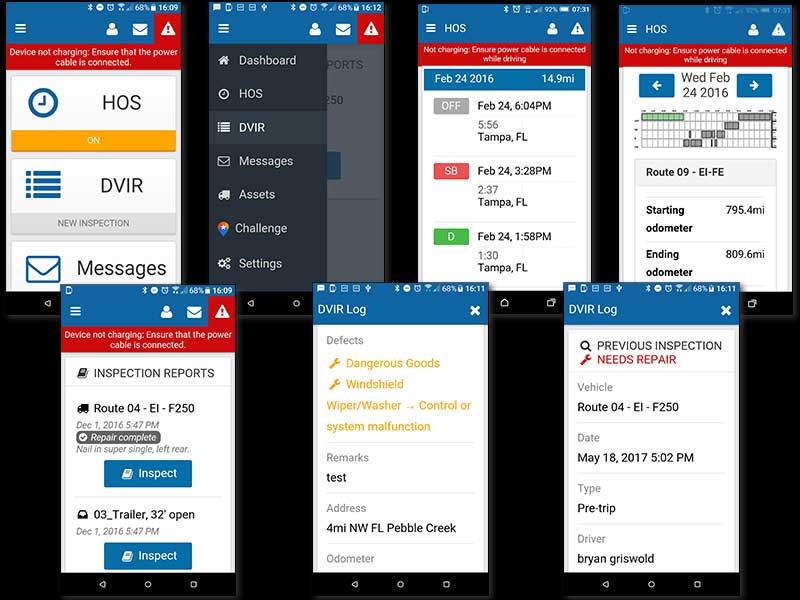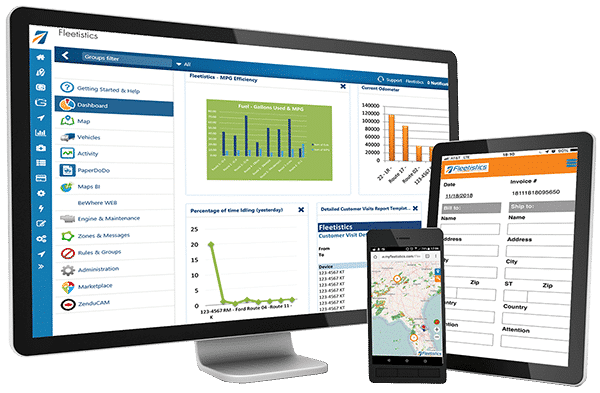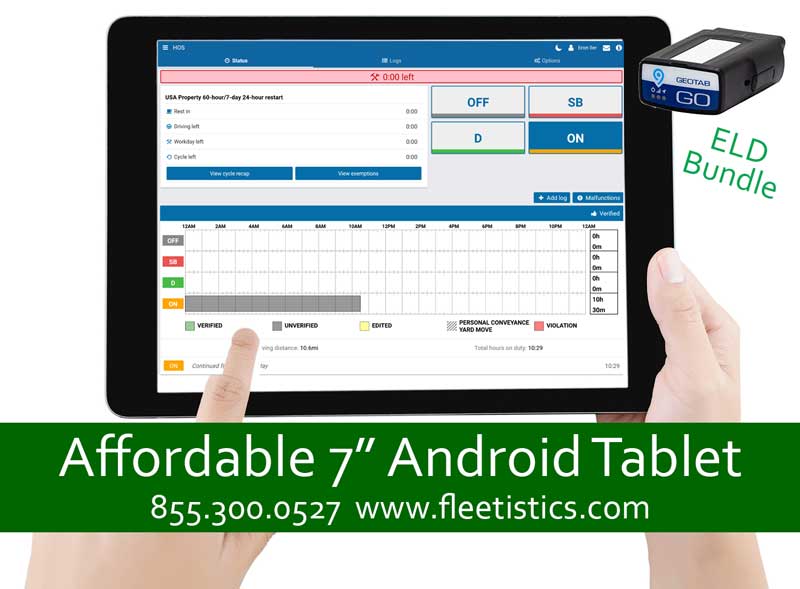Small Business Explanation
DOT compliance for small businesses can be confusing. This blog is designed as general information for the small business operator who is unsure if their line or volume of work requires being DOT registered and compliant. The video will help distinguish between a weekend warrior and commercial entity. It will guide you through some of the most common requirements so when you are eventually pulled over you are prepared. It also gives you an idea of how to respond if you are not a commercial entity so you can get on your way quicker. Be sure to check your local regulations and read the FMCSA website for details.
Does My Business Need to Be DOT Compliant
Knowing if you need to be DOT compliant as a small business may be confusing. There are a few questions to answer to make this determination. Once realized, you can work to get compliant in an organized manner.
The first criteria is whether your power unit (truck) is being used to generate revenue. Are you acting on behalf of a business to make money? Second is gross vehicle weight. Does your power unit and trailer have a combined GVWR over 10,001 lbs? The gross vehicle weight rating is marked on the decal inside the door jam. Most heavy duty pickup trucks have a GVWR over the 10,001 lbs limit. When you add a trailer to the power unit, it is easy to exceed 10,001 lbs.
Last, where is the vehicle operating? If the vehicle is operating state-to-state, the vehicle is considered to be a commercial vehicle. There are mileage exceptions to this. Most widely used is the 100 air mile short haul exemption. A commercial vehicle that stays withing a 100 mile radius of the work reporting location, and returns to that location within the work day may be exempt. There are also agricultural exemptions for a 150 mile radius.
Always refer to the FMCSA guidelines and FAQ to be sure your vehicle qualifies for an exemption. If DOT compliance is in doubt, contact your local FMCSA filed office for guidance.
FMCSA Compliance Made Easy
Once you are designated as a commercial operator, you are required to implement electronic driver logs for hours of service compliance. This can be a daunting realization. Failing to be compliant can lead to all sorts of terrible consequences such as DOT fines, higher insurance rates or even being dropped. On top of that, reduced delivery times with limited driving hours and a host of computer related activities will suck up your time and financial resources.
In contrast, compliance with a full featured ELD system eliminates wasting time correcting paper driver logs, a second set of books, and potential DOT fines. Ultimately it rewards you with happier drivers and less turnover. In the end, your investment in ELD generally pays for itself in many ways. Fortunately, Fleetistics offers ELD, DVIR, IFTA and other services in a single platform to facilitate FMCSA compliance and save you time and money.
Basic DOT Compliance Checklist
- Read and follow your State & FMCSA guidelines
- Train your drivers and test their knowledge as your first line of defense to a DOT audit
- Issue and train drivers how to use paper logs if your electronic logging device goes down
- Carry a correct and properly mounted fire extinguisher
- Carry a box of three roadside triangles
- Display your company name, IFTA decals and DOT number on both sides of your vehicl
- Always keep spare fuses on hand for the vehicle type
- Have available in cab the proper registration, insurance, ELD documents and CDL
- Track time on duty and mileage by state for IFTA
- Maintain annual inspection and documentation
Check out our other blogs on:




